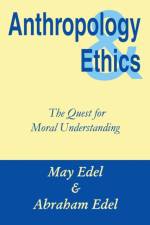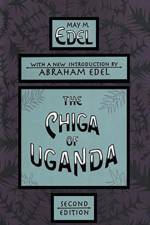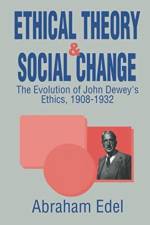av Abraham Edel & May M. Edel
1 995
The Chiga of Uganda provides a special insight into a culture at that time (1933) still intact under the British protectorate. It is for the most part a picture of life as it was then still being lived. Where significant changes were already taking place, the various changes are discussed in the contexts in which they seemed relevant - in social structure, kinship, marriage, economics, social control, religion, and education. What makes this edition unique is the new segment on material culture. This delves into Chiga patterns of food supply and preparation, horticulture, fire and heating, water supplies, cattle raising, hunting, fishing, and problems related to shelter, clothing, and hygiene. Two new special sections deal with tools and utensils, and, no less important, the physical skills and motor habits of the people. Edel's concrete yet wide-ranging descriptions provide an irreplaceable insight into a people and a culture at a unique point in world and colonial history. The new introduction, written by Abraham Edel, provides a special sort of insight, drawing heavily upon the correspondence that May Edel wrote at the time. The introduction shows how the clouds of war and Nazism in Europe at the time were already changing the character and context of anthropology no less than every other area of human endeavor. A final new aspect of The Chiga Uganda is May Edel's last reflections focusing on African tribalism, which turns out to be not all that different from ethnic and national rivalries in the Western world. This book will be indispensable to anthropologists, Africanists, and historians.


















